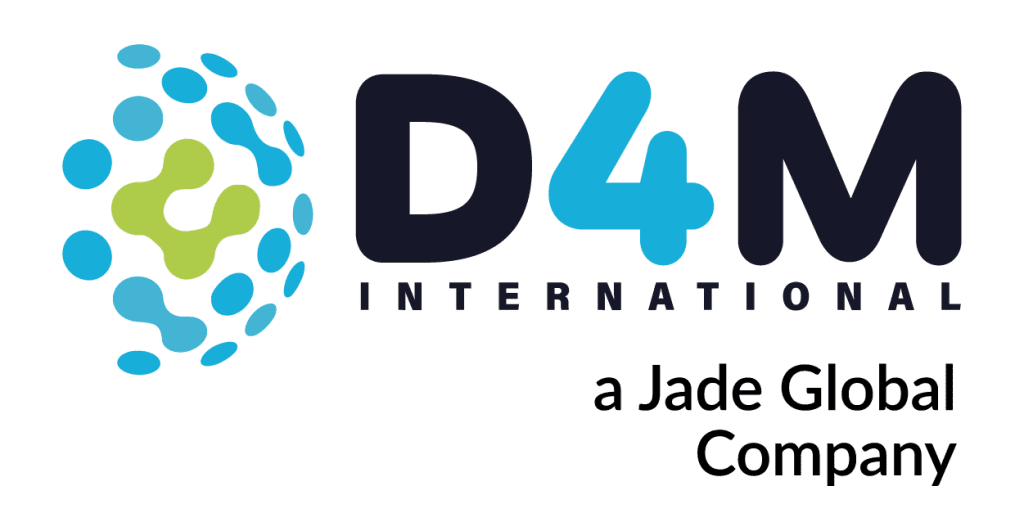When manufacturing businesses talk about the digital transformation process, what exactly does that involve? The digital transformation, also known as Industry 4.0, is more than just a reimagining of what the future factory can be, it’s a complete and comprehensive overhaul of everything from processes to systems to culture. Digital transformation is designed to improve not just productivity, but also competitiveness and adaptability.
For manufacturers considering making this shift, using DELMIA solutions can help make the process seamless and efficient. Here’s how:
Conduct a Detailed Assessment of the Current State of Processes and Highlight Pain Points
The first step in the digital transformation process is to know what you’re working with. That means closely examining and evaluating current manufacturing processes to highlight inefficiencies, bottlenecks and other areas that lack digital integration. Work with stakeholders at all levels to get detailed insights into the challenges they’re facing and what opportunities a digital transformation could mean for them.
Creating this type of baseline makes sure that the steps that follow will be aligned with actual and current organizational needs. Using DELMIA solutions such as Manufacturing Operations Management (MOM) Apriso, deliver real-time insights into shop floor operations, helping businesses spot areas for improvement and make sure that the digital transformation aligns with their overall goals.
Define Objectives and Align Them with Key Performance Indicators
The second step in the digital transformation process is to be clear about your goals. Create specific, measurable, attainable goals such as:
- Reducing production downtime
- Improving product quality
- Improving supply chain visibility
By aligning these steps with relevant KPIs, the organization can be sure that upgrading to Industry 4.0 delivers real, tangible and actionable benefits.
READ MORE: DIGITAL TRANSFORMATION ROUNDTABLE PART 4: HOW TO TAKE LITTLE STEPS TO SUCCESS
Create a Strategic Roadmap to Outline Each Phase
Map out the different phases of implementation including the timeline, resources needed and the team(s) that will be responsible. Keep in mind that this plan should be centered around impact and feasibility, so that implementation can be done in measurable chunks in a way that’s structured and planned out to avoid major disruptions.
Invest in Integrated Technologies
Invest in relevant technologies that support the digital transformation including:
- The Internet of Things (IoT) and AI powered analytics for predictive maintenance
- Manufacturing Execution Systems (MES) for real-time visibility into the production process
- 3D Modeling and SImulation using DELMIA to optimize various processes before they’re implemented
- Cloud-based solutions for complete accessibility and ease of use
However, just incorporating the technology isn’t enough to fully sustain the digital transformation process. Such an overhaul needs to be rooted into the company culture as well.
READ MORE: DIGITAL TRANSFORMATION ROUNDTABLE PART 5: THE MEASUREMENT AND CULTURE OF SUCCESS
Create a Company Culture of Ongoing Improvement
The transformation often begins with the highest levels of people involved, which means that it’s up to key decision-makers and stakeholders to create and nurture the kind of mindset that leads to measurable change and innovation.
This may mean the need for additional training and support to help employees understand new technologies and processes. Cultivating a culture that values ongoing improvement is a must for digital transformation to exceed and take root over the long term.
Implement Pilot Projects and Scale Gradually Over Time
The digital transformation process doesn’t happen overnight. Begin with pilot projects to try out new technologies and processes on a smaller scale. Monitor and analyze the outcomes, get feedback and make adjustments before scaling up.
This approach isn’t just erring on the side of caution; it’s designed to minimize risks while making sure that the solutions and implementations are well-received and understood by everyone at each stage of the process.
Use the Data to Drive Decision-Making
Take advantage of data and analytics to inform your decision-making process. This information can help manufacturers glean valuable insights into not just their internal operations, but also customer preferences and market trends. Detailed analytics can help improve overall processes, predict next steps and spot underserved areas that could be turned into lucrative business opportunities.
Test, Monitor, Measure and Course-Correct If Necessary
Always be sure to monitor changes as they’re made to see how they’re implemented and how they perform against the predefined KPIs. Regularly monitor processes, get feedback and be prepared to shift gears if necessary. DELMIA solutions give organizations ongoing monitoring coupled with AI-driven analytics to keep manufacturers agile and responsive.
READ MORE: MANUFACTURING REVOLUTION – INDUSTRY 4.0, AUTOMATION AND THE FUTURE OF PRODUCTION (PART 1)
Why Trust D4M International to Handle Your Digital Transformation?
As a specialized IT consulting firm, we at D4M International are experts in helping manufacturing companies transform their processes and boost their productivity through innovative and advanced digital solutions. Our ability to integrate DELMIA solutions give businesses unprecedented efficiency ranging from ability to optimize production planning and scheduling all the way to creating a more collaborative workforce via simulation and training.
DELMIA Solutions
Our knowledge of DELMIA’s Manufacturing Operations Management (MOM). as well as APRISO and ORTEMS modules is second-to-none, which gives us unparalleled insights into how to properly optimize, plan, execute and monitor manufacturing processes.
Industry-Specific Insights
With over 20 years of experience and industry-specific insights, we’ve completed over 100 implementations for a variety of manufacturing companies both large and small. We’re committed to delivering on time and on budget and believe that early adoption is the key to maintaining a competitive edge.
A Culture of Innovation
To that end, we promote a culture of ongoing innovation. Digital transformation is not a once and done process. Instead, it’s an ongoing journey where we continually look for the best ways to align technology with your business goals and needs.
Take advantage of our deep industry knowledge and technical expertise to make managing your digital transformation easier than ever. By working with D4M International, you can optimize performance, maintain a competitive edge, and unlock new data-driven processes that deliver superior insights only made possible by Industry 4.0.






